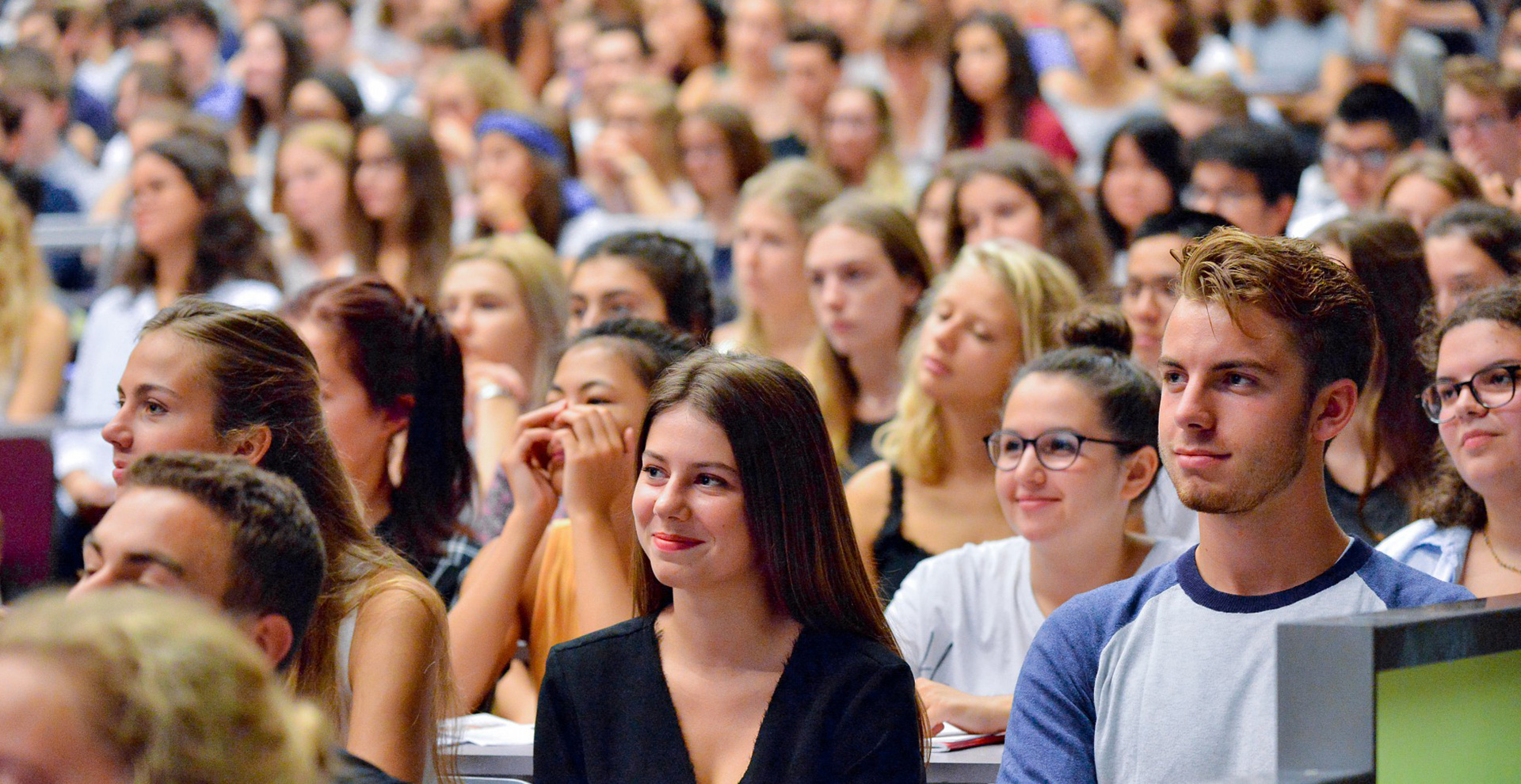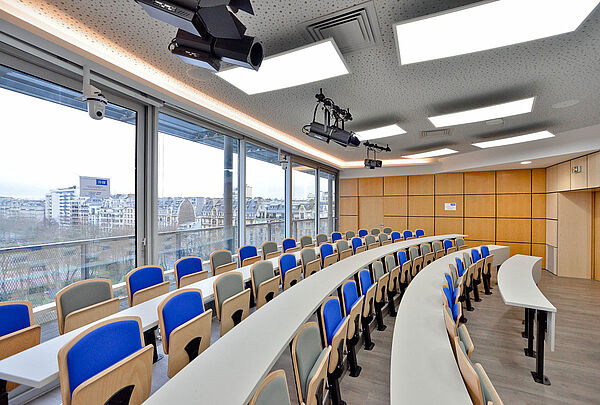Program Year
Module 1: Current and coming environmental crises and the ecological transition
Topics
- Overview of environmental crises
- Energy transition
- Risks (overview, crises, and regulation)
- Growth and decline: The role of technical, social, and economic systems in the appearance of these crises
Module 2: Corporate social responsibility
Topics
- International institutions and commitments; translation at the European level: Objectives and policies in terms of climate and biodiversity Regulations and institutions at the global level Work dealing with sustainable development goals
- Regulatory frameworks and legal challenges for businesses (France and Europe)
- Efforts around the due diligence act
- Non-financial reporting, new performance indicators and Integrated reporting, Green accounting
- Carbon offset
Collaborative Project
The goal of the module is to complete a thesis or project related to the ecological transition or CSR.
It will partly consist of methodology and collaboration sessions, as well as individual help with projects and/or theses. The grade will be based on work completed throughout the year in addition to the final result.
Students will choose a project based on their career plans.
Teaching Modalities
The program, consisting of 54 hours total, is offered in the form of 3 modules (18 hours each) and includes the completion of a project dealing with the student's chosen Master's specialization.
The certificate is complemented by the successful completion of foundational and specialized units from the Ethics, Social Responsibility, and Sustainable Development (ERSDD) SPOC related to the student's expected profession.
Teachers apply a reversed instructional approach, wherein students are at the center of the learning process, fostering proactiveness and autonomy.
Once the modules are successfully completed, Université Paris Dauphine-PSL will issue a certificate attesting to the student's mastery of skills acquired in the areas of the ecological transition and corporate social responsibility.
The certificate is based on a limited number of hours. The teaching team therefore expects students to be motivated, engaged, and diligent.
Classes may be scheduled for evenings or Saturdays in order to find time slots that work for all the students coming from different Master's programs at the university. If classes take place on Saturday, the teaching team will try to keep them to a low number.
Research-Driven Programs
Training courses are developed in close collaboration with Dauphine's world-class research programs, which ensure high standards and innovation.
Research is organized around 6 disciplines all centered on the sciences of organizations and decision making.
Learn more about research at Dauphine


